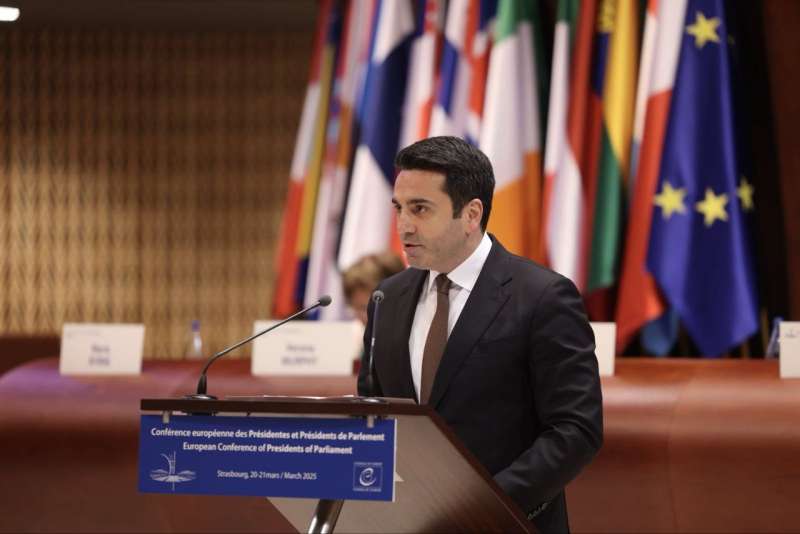NA Speaker Alen Simonyan wrote on his social media pages:
“All those who try to enter into a professional debate, and those who have been attempting to open this debate, should remember that when I say something, especially publicly, I always have at least one or two solid proofs/arguments for what I say.
So, is there a legal difference between a peace treaty and a peace agreement?
No, as the Vienna Convention on the Law of Treaties says.
What are treaties and international agreements?
The Vienna Convention on the Law of Treaties defines a treaty as “an international agreement concluded between states in written form and governed by international law, regardless of whether it is formulated in a single document or several interconnected documents and regardless of its special meaning.”
Treaties may be called by various names, including international conventions, international agreements, treaties, final acts, charters, memoranda of understanding (MOUs), protocols, pacts, contracts, and statutes (constitutions) of global organizations.
These various names are usually of no legal significance in international law; that is, the name is not essential to the status of a document as a treaty.
Treaties can be bilateral (between two parties) or multilateral (between several parties) and are usually binding only on the parties that have signed them. A treaty “enters into force” when the conditions for its entry into force, as specified in the treaty, are met. Bilateral treaties usually enter into force on the date on which both parties agree to their application.
Link: https://law.duke.edu/ilrt/treaties_2.htm
P.S. Yes, it is fashionable to be educated.”


















